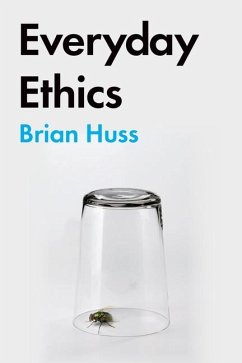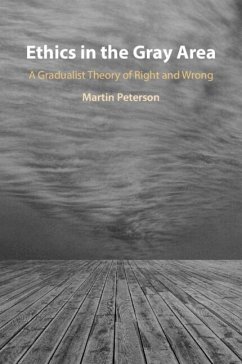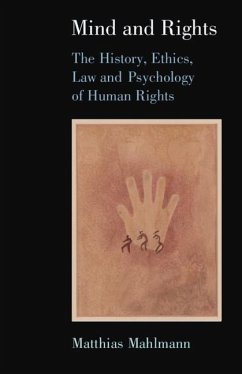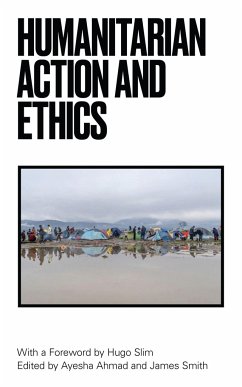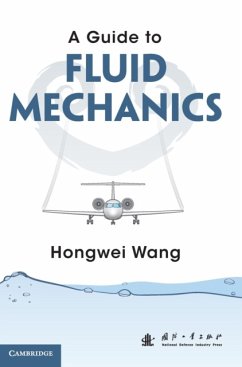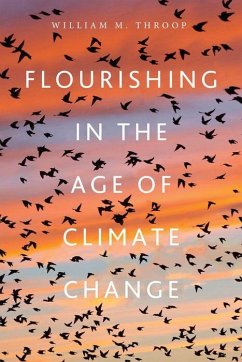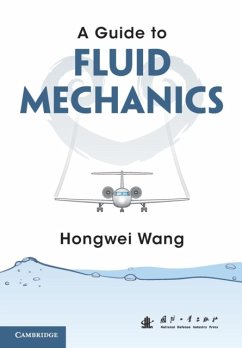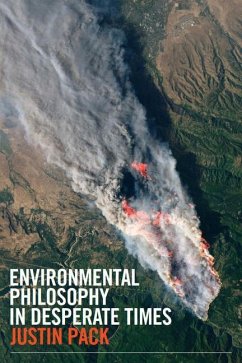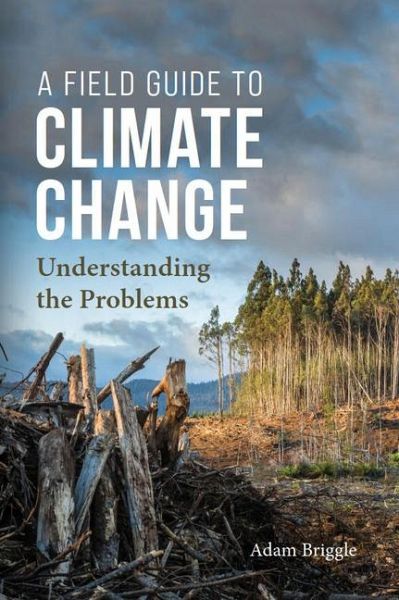
A Field Guide to Climate Change
Understanding the Problems
Versandkostenfrei!
Versandfertig in über 4 Wochen
29,99 €
inkl. MwSt.

PAYBACK Punkte
15 °P sammeln!
This book is a guide for understanding climate change. It takes an interdisciplinary approach because climate change is simultaneously a matter of science, engineering, economics, politics, culture, ethics, and more. A Field Guide to Climate Change thus follows the contours of climate change as it appears in the world--as a tangle of problems. Briggle presents climate literacy as a form of problem-posing by offering a set of tools for understanding how problems get framed, debated, and resolved. Through developing climate literacy, students gain the ability to think critically about how facts ...
This book is a guide for understanding climate change. It takes an interdisciplinary approach because climate change is simultaneously a matter of science, engineering, economics, politics, culture, ethics, and more. A Field Guide to Climate Change thus follows the contours of climate change as it appears in the world--as a tangle of problems. Briggle presents climate literacy as a form of problem-posing by offering a set of tools for understanding how problems get framed, debated, and resolved. Through developing climate literacy, students gain the ability to think critically about how facts are constructed and mobilized in the pursuit of values. Part One (Big Picture and Fundamentals) provides basic definitions and broad orientation by situating climate change within larger contexts like the Anthropocene, international climate diplomacy, sustainable development, and "green growth." Part Two (Climate Sciences) offers tools for understanding climate science, its historical development, and its place in society by asking: who knows, what do we know, and how do we know it? Part Three (Politics, Ethics, and Policy) shows how to analyze debates about climate change policies from mitigation to rewilding.



